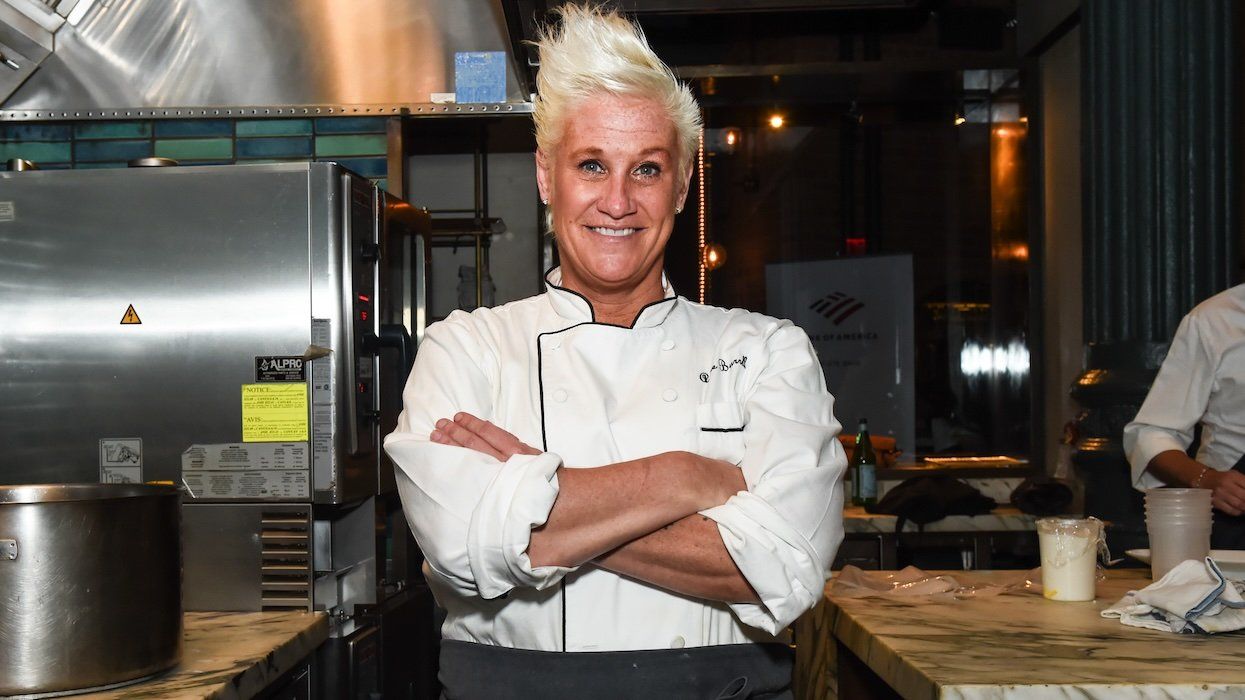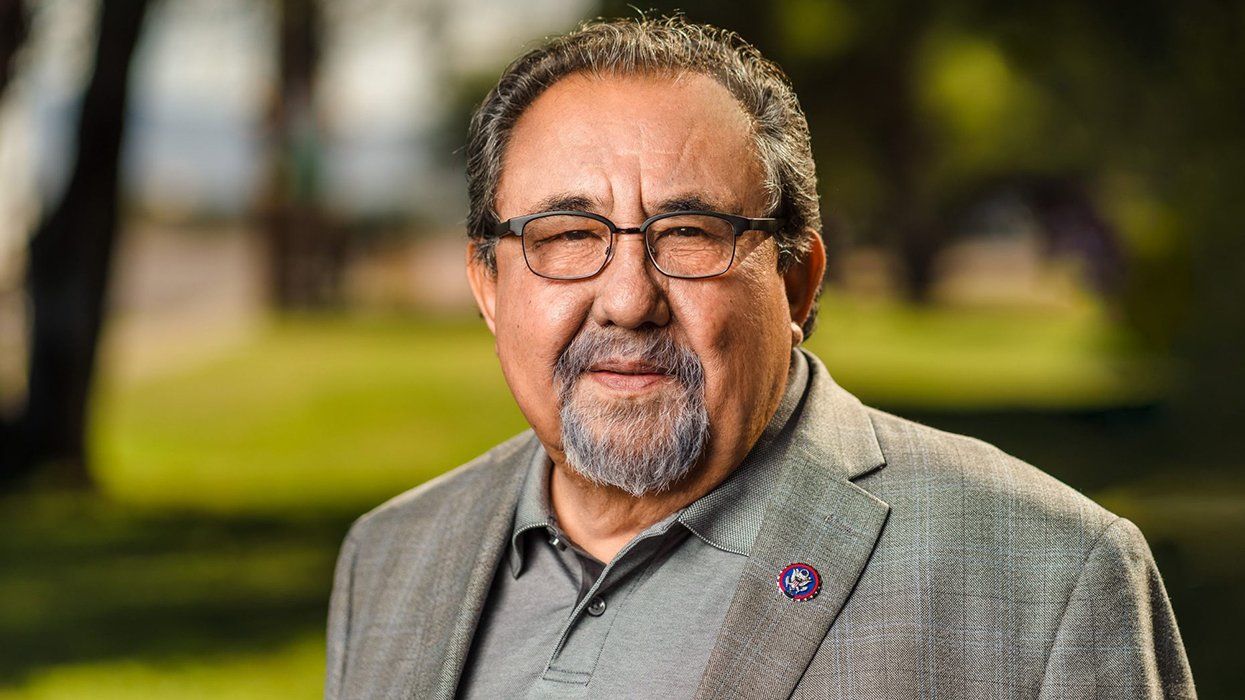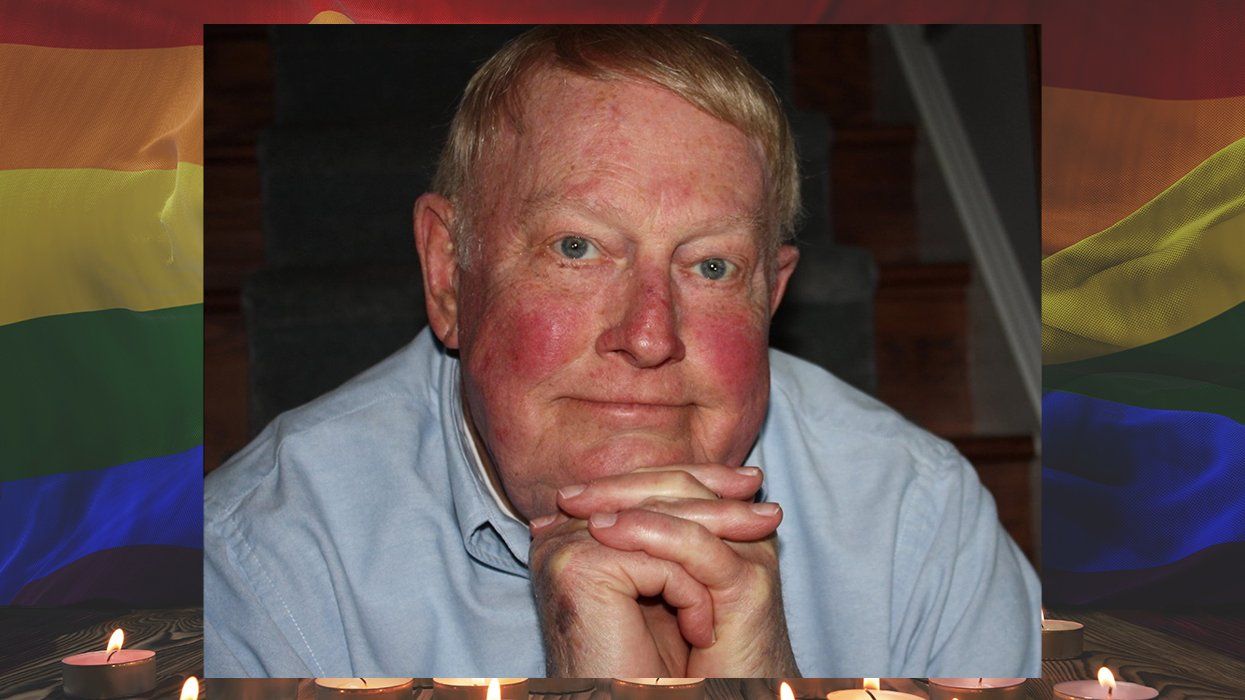Former Justice Sandra Day O’Connor, the first woman to sit on the U.S. Supreme Court, has died. She was 93.
The retired justice died in Phoenix, Ariz., “of complications related to advanced dementia” and “a respiratory illness,” according to a court press release.
O’Connor was appointed in 1981 by then-President Ronald Reagan. She retired in 2006 to care for her husband who had Alzheimer’s disease. Justice Samuel Alito took her seat.
Even though a Republican president appointed her, O’Connor became known as a moderate on the court and was often a swing vote on social issues.
“A daughter of the American Southwest, Sandra Day O’Connor blazed a historic trail as our Nation’s first female Justice. She met that challenge with undaunted determination, indisputable ability, and engaging candor,” Chief Justice John Roberts said. “We at the Supreme Court mourn the loss of a beloved colleague, a fiercely independent defender of the rule of law, and an eloquent advocate for civics education. And we celebrate her enduring legacy as a true public servant and patriot.”
In 2013, O’Connor made news when she officiated a same-sex marriage at the Supreme Court only months after the high court decided to legalize marriage equality. The couple was Jeff Trammell and Stuart Serkin of Washington, D.C. Justice Ruth Bader Ginsburg had officiated one before her.
"It was wonderful," Trammell told BuzzFeed at the time. "It was everything you'd expect it to be: elegant, charming, very moving. She really was wonderful, in private just like she is in public."
It was a 180-degree turn from her early ruling on LGBTQ+ rights.
She voted to preserve anti-sodomy laws in the 1986 court case Bowers v. Hardwick. However, O’Connor voted along with the court’s liberals to strike down Amendment 2 in Colorado in the case Romer v. Evans, which banned nondiscrimination policies in local governments.
Then, In Lawrence v. Texas, she voted to overturn a law against sodomy while it was “homosexual conduct.”
She wrote that the antigay sodomy law made “homosexuals unequal in the eyes of the law.”
When Reagan nominated her, he said she was “truly a person for all seasons, possessing those unique qualities of temperament, fairness, intellectual capacity, and devotion to the public good which have characterized the 101 brethren who have preceded her,” CNN reports.
She was a key vote on topics ranging from abortion to Bush v. Gore, the court case over the 2000 presidential election.
In 1992, she voted in Planned Parenthood v. Casey to affirm a person’s right to abortion access. That was overturned in Dobbs v. Jackson, which also overturned Roe v. Wade. O’Connor also voted in favor of affirmative action.
“We all bring with us to the court or to any task we undertake our own lifetime of experiences and background,” O’Connor said in a 2003 CNN interview. “My perceptions might be different than some of my colleagues but at the end of the day we all ought to be able to agree on some sensible solution to the problem,”
O’Connor was born in El Paso, Texas, on March 26, 1930. She earned her B.A. and LL.B. from Stanford University. She married her late husband in 1952. Before her time on the Supreme Court, O’Connor worked in Arizona, Germany, and even served in the Arizona State Senate, becoming the state’s first female majority leader.
She is survived by her three sons, Scott O’Connor, Brian O’Connor, and Jay O’Connor, six grandchildren: Courtney, Adam, Keely, Weston, Dylan, and Luke, and her beloved brother and co-author, Alan Day, Sr. Her husband, John O’Connor, died in 2009.
On becoming the first woman on the court, O'Connor once told CNN in 2003, “Let me tell you one reason why I think it’s important, and that is for the public generally to see and respect the fact that in positions of power and authority, that women are well-represented. That it is not an all-male governance, as it once was.”
The court said that plans for O’Connor’s funeral will be announced at a later time.
















Charlie Kirk DID say stoning gay people was the 'perfect law' — and these other heinous quotes
These are some of his worst comments about LGBTQ+ people made by Charlie Kirk.